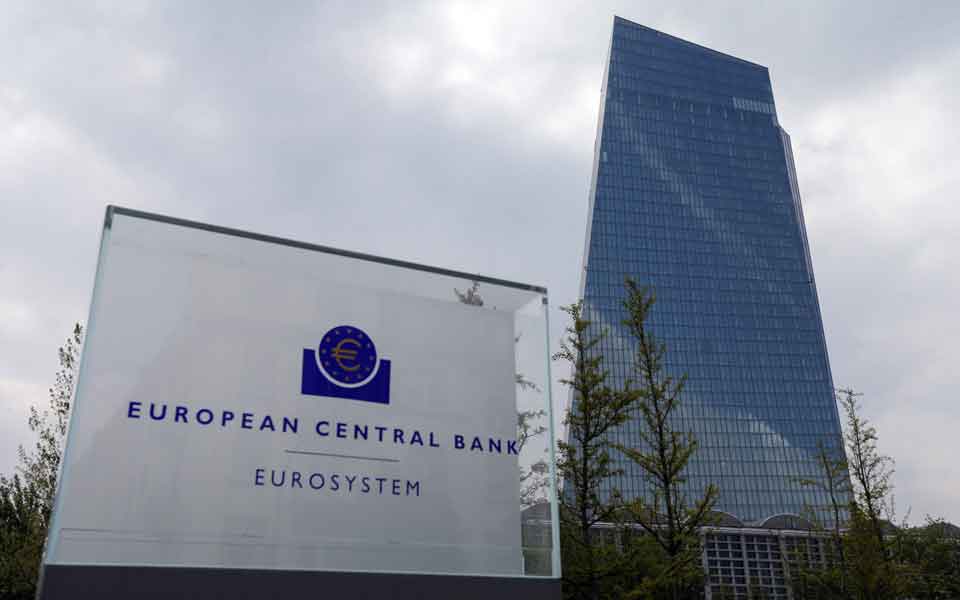New line of Greek borrowing after ECB’s decision

Greece’s benchmark 10-year bond yield tumbled by about 50 percent on Thursday, returning to the 2 percent level from 4.1 percentage points previously, after the key move by the European Central Bank to incorporate Greece in its emergency bond-buying program.
In a move compared with the “whatever it takes” statement by her predecessor Mario Draghi in 2012, ECB President Christine Lagarde announced the launch of a “Pandemic Emergency Purchase Program” of 750 billion euros in an effort to prevent a destructive economic shock from the rapid expansion of the coronavirus that has seen borrowing costs soar in the eurozone, raising concerns even for the sustainability of the monetary union itself.
Greek bonds have never been part of the ECB quantitative easing programs as they were not given investment grade by any of the major credit rating agencies, which meant they weren’t eligible for inclusion in the QE. Temporary though it may be, this program will cover the entire year at least, which ensures the maintenance of Greece’s cost of borrowing at low levels.
Following a phone conversation between Prime Minister Kyriakos Mitsotakis and Lagarde, the ECB board decided to extend this precious waiver to Greece so that the debt it issues is eligible for purchase by the eurozone’s central bank.
Although one can hardly expect the acquisition of Greek corporate bonds, the decision also opens a window of liquidity to Greek banks too. The ECB vote of confidence will increase cash flow in the credit system, while an indirect benefit – bank sources say – will be the rise in the prices of bonds banks use for conversion to repos.
The most important benefit that Greece is still trying to achieve would be to have Greek bonds used as collateral for the funding of banks by the ECB.
Finance Minister Christos Staikouras said the ECB decision to include Greek bonds in a bond-buying program for the first time since 2015, when QE began, allows for the acquisition of 12 billion euros of Greek state bonds, which is expected to reduce Greece’s cost of borrowing and the access of Greek banks to international markets.





